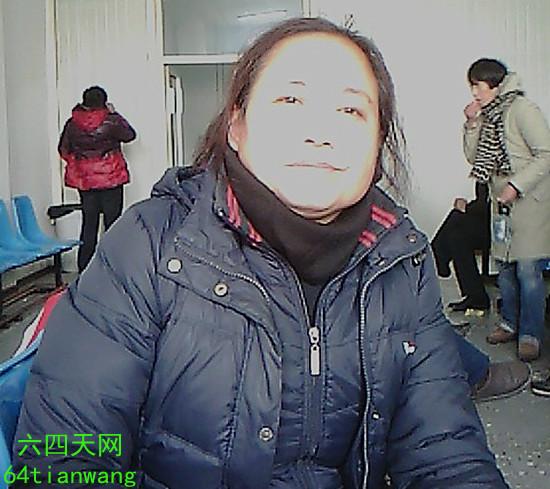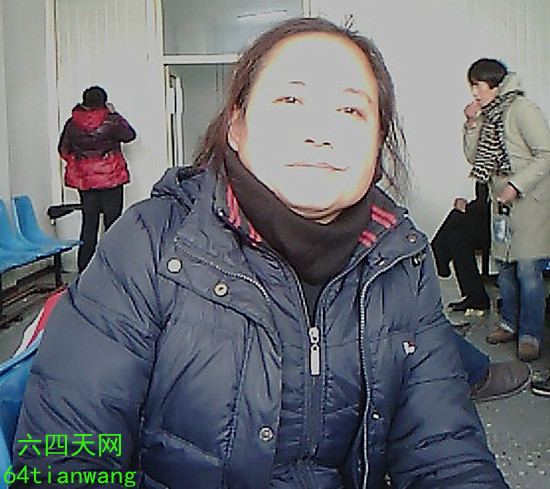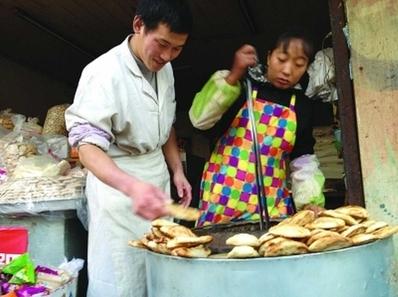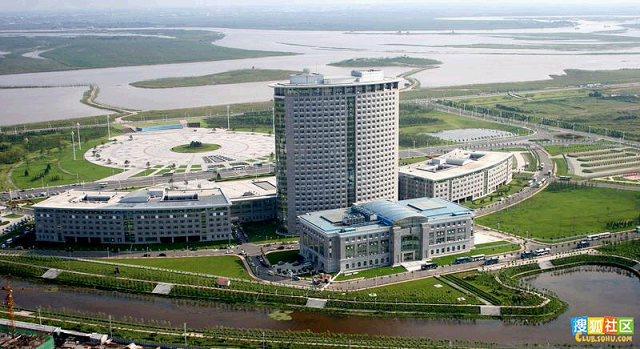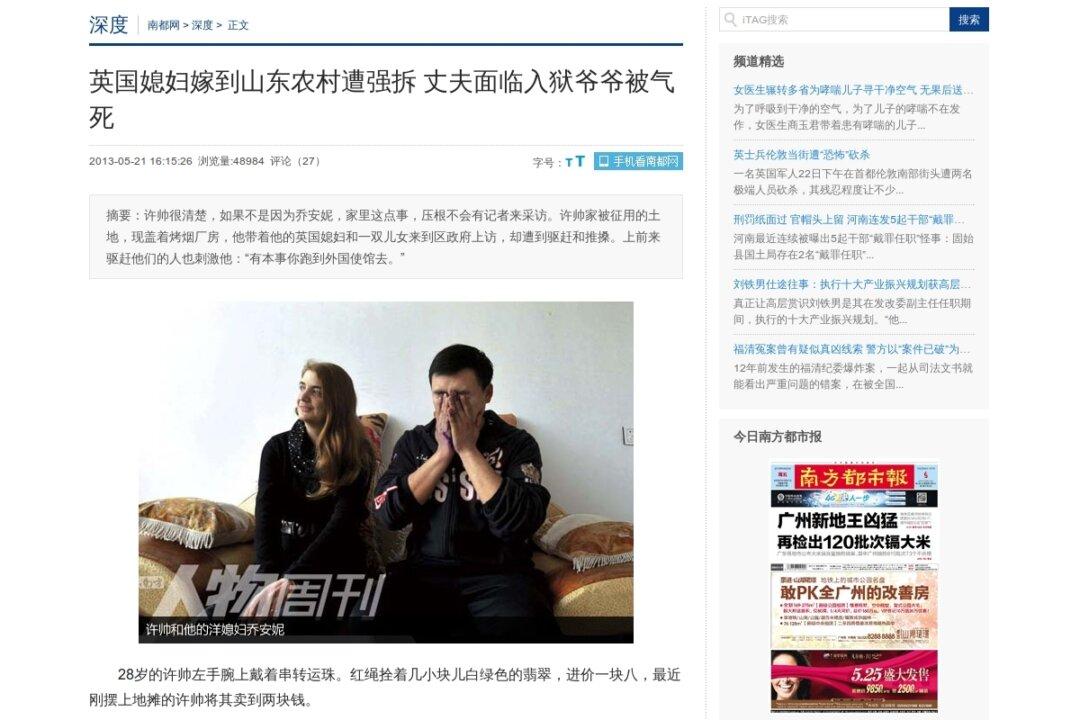A Beijing detention center that holds Chinese petitioners without due process released an unknown but possibly large number of them without explanation earlier this week.
An initial report on a website that supports the rights of petitioners—Chinese who travel to the capital with grievances, usually against local officials—said that up to 70,000 individuals were set free. A subsequent visit to the site by Christian Science Monitor reporter Peter Ford concluded that the actual number may have more likely been several hundred.
The news was first published by 64 Tianwang, a human rights website, on Tuesday evening. The massive number of detained petitioners had allegedly been set free from a complex in Jiujing village, located in Beijing’s southern Fengtai District, according to the Chengdu-based human rights website.
Black jails are used by Beijing authorities to illegally hold petitioners who come to the capital to air their grievances against the ruling Chinese Communist Party for injustices they have suffered in their local areas. Many who are detained in the jails are held without due process, can be detained indefinitely until they are sent home, and suffer torture and other forms of mistreatment.
